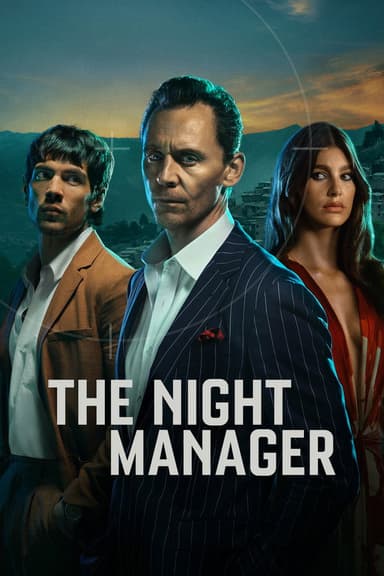
Blind Ambition
1979 • Drama, War & Politics
The Watergate crisis as viewed by John Dean and his wife Maureen, based on their personal accounts -- his best-seller, her book on how it affected their marriage -- and distilled into an eight-hour drama with all of the political figures of the day parading by as Dean relates his story to his attorney when his world, based on blind ambition, begins crashing down on him.
Why you should read the novel
If you are fascinated by the intricacies of the Watergate scandal, reading 'Blind Ambition: The White House Years' provides unrivaled insight. The book, penned by John W. Dean with Taylor Branch, delivers an insider’s perspective that the miniseries can only skim. Readers gain access to detailed recollections, personal motivations, and behind-the-scenes maneuvers pivotal to understanding this critical moment in American history.
Diving into the original book over the TV adaptation allows you to appreciate the nuances of Watergate as narrated by one of its central figures. The depth of firsthand narrative and the carefully curated evidence within the pages surpass the limitations of visual dramatization. Through Dean's candid storytelling, you get a transparent look at the internal conflicts, ethical dilemmas, and the pervasive tension that engulfed the White House.
For history enthusiasts and those eager to explore the Watergate events beyond dramatic reenactment, 'Blind Ambition: The White House Years' is essential reading. Discover motivations, context, and intricate political machinations that only come to life with the full detail and context of Dean's own words.
Adaptation differences
The Blind Ambition (1979) miniseries adapts John W. Dean’s memoirs but condenses complex narratives and characters to fit a limited runtime. Key figures are sometimes blended or simplified to convey broad story arcs, resulting in the loss of nuanced relationships and motivations found in the book. Meanwhile, the series frequently dramatizes or glosses over legal intricacies to maintain pacing and tension.
While the book offers a granular, day-by-day account from Dean’s perspective, the TV series often resorts to composite scenes or altered timelines. These artistic choices help with clarity on screen but compromise the authenticity and immediacy that shine through in Dean's original writing. Readers can expect far greater detail regarding the evolving shadow play within the Nixon administration, which visuals simply can’t match.
Additionally, certain personal crises and ethical dilemmas faced by Dean are explored in depth in the memoir but given minimal attention on screen. The real-time reflections, doubts, and reasoning that Dean documents are replaced by visual shorthand or omitted entirely, reducing the complexity of his experience during Watergate.
In summary, while the series provides accessible dramatization, only the source book, 'Blind Ambition: The White House Years,' offers comprehensive context, psychological depth, and a full recounting of events. The adaptation inevitably prioritizes entertainment over the revealing minutiae and raw introspection present in Dean's memoir, underscoring why the book remains indispensable reading for those seeking the untold truths behind Watergate.
Blind Ambition inspired from
Blind Ambition: The White House Years
by John W. Dean, Taylor Branch





